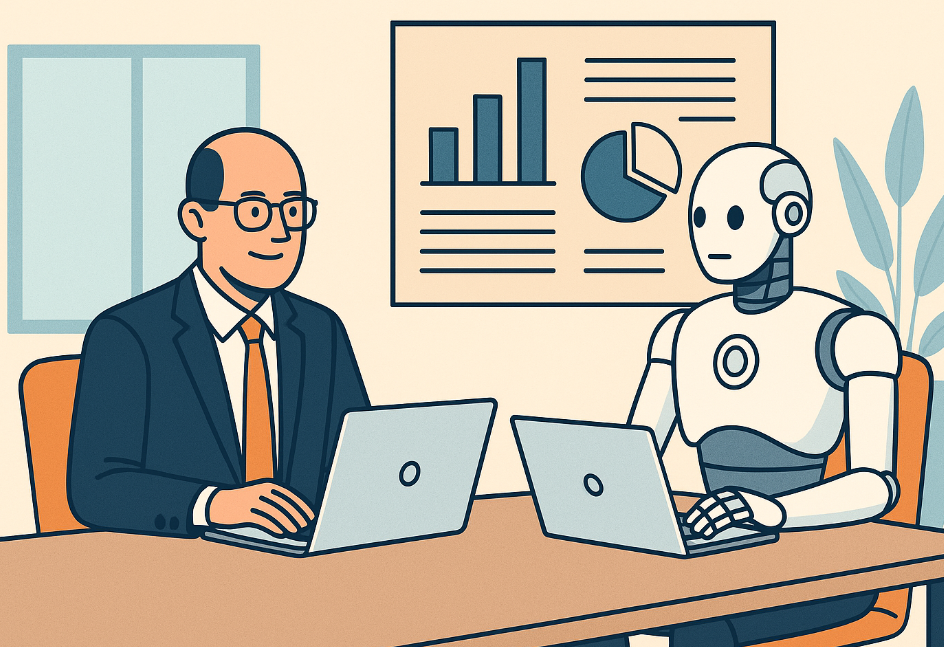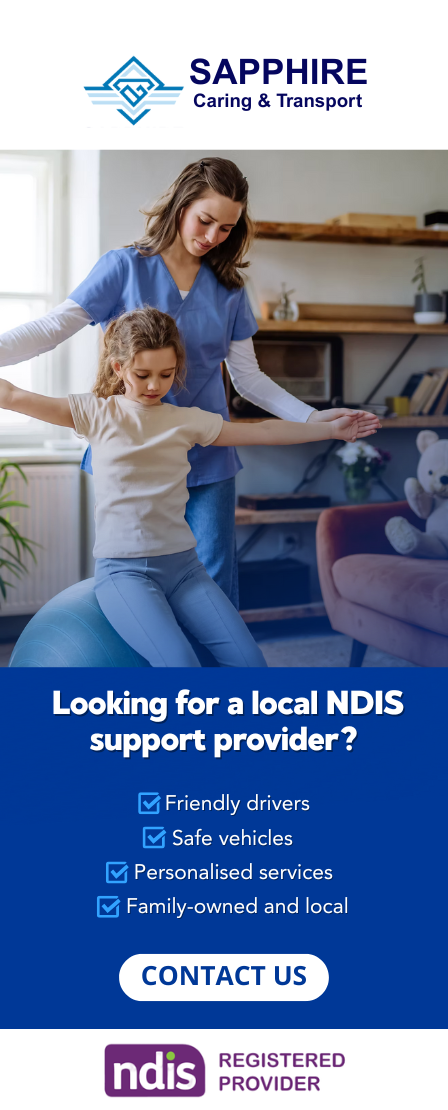What’s happening?
A new report by Microsoft Australia forecasts that digital AI agents will soon become part of everyday teams in workplaces across the Redlands and Australia. Released as part of Microsoft’s 2025 Work Trend Index, the report reveals a rapid shift toward “Frontier Firms” — organisations where humans and AI agents collaborate to drive productivity and performance.
The research draws insights from 31,000 workers across 31 countries, including 1,000 Australians, and paints a clear picture of how businesses will integrate AI as active team members in the coming years.
Why it matters?
The report identifies a growing divide between business expectations and workforce capacity. In Australia, 47% of business leaders say productivity must rise, yet 79% of employees and leaders alike say they lack enough time or energy to complete their tasks. Interruptions, often every two minutes, are adding pressure.
Lucy Debono, Modern Work Business Director for Microsoft ANZ, said: “Most businesses are already using AI to automate tasks, but the next phase will see agents join teams as digital colleagues, taking on specific tasks such as building go-to-market plans or internal communications strategies under human supervision. These agents will help boost employee skills and free them to do more meaningful work and reshape how they work.”
She added, “The final step will be seeing agents run entire business processes and workflows. But the critical thing will be getting the balance right, ensuring organisations are using enough AI agents to maximise productivity, without overwhelming human employees’ capacity to oversee their decisions and provide them with the necessary direction.”

Local Impact
The findings have strong implications for Redland-based businesses and employees. A major concern is the AI knowledge gap between management and staff. While 71% of Australian leaders say they’re familiar with agentic AI, only 31% of employees say the same — a gap Microsoft calls a major barrier to long-term success.
Debono warned,
“If only leaders understand how to use them, we’re setting up a two-speed workforce. Closing that gap is not a tech rollout issue: it’s a leadership challenge, and a massive opportunity to support Aussie workers in their confidence and capability to leverage agentic AI.”
By the numbers:
-
75% of Australian business leaders plan to integrate AI agents into their workforce within 12–18 months.
-
47% say productivity must increase; 79% say time and energy are lacking.
-
31% of employees understand AI agents compared to 71% of leaders.
-
40% of leaders are already using agents to automate full team workflows.
-
37% are considering reducing headcount due to AI; 70% expect to hire for AI-specific roles in 2025.
Zoom In
The rise of “agent bosses” is already happening. Australian leaders expect employees to begin designing workflows with AI (36%), training AI agents (45%), and even managing them directly (32%) within five years.
Debono cautioned,
“Replacing people with AI might seem efficient in the short term, but it erodes resilience and innovation. Leaders must stop seeing this as a binary choice. It’s not AI or people – it’s both. The fact that the majority of Australian leaders intend to hire AI-focused roles in the new year is a clear sign that AI is transforming work, not eliminating it.”
She added that while employees turn to AI for speed, availability, and creative input, AI still cannot match human judgement:
“It’s going to take a long time before it can match the judgement of a human being.”
Zoom Out
Globally, the shift is already underway. Workers in Frontier Firms are twice as likely to report that their companies are thriving (71% vs. 37% average). They’re also more likely to feel empowered to take on more meaningful tasks.
The report warns that if Australia doesn’t bridge the internal knowledge divide, it risks falling behind global peers in digital readiness.
What to look for next?
Microsoft advises businesses to take immediate steps toward full-scale AI adoption:
-
Hire and onboard AI agents as you would human team members — assign roles and track their outcomes.
-
Define the right human-agent balance, especially in areas where customers expect empathy or high-level decisions.
-
Scale fast, beyond pilot programs, by targeting operational and customer service teams where AI can deliver the most measurable value.
Debono concluded:
“We’re not in an AI pilot phase anymore – as the report says, real change requires broad adoption and activation at every level of the organisation. This is our moment to build an inclusive AI economy. If Australia moves fast to get the foundations right now, it will be setting itself up for a much more productive future, and one where employees can also enjoy having more time to focus on valuable work and less on routine decision-making.”
To explore the full 2025 Work Trend Index, visit the Official Microsoft Blog.





